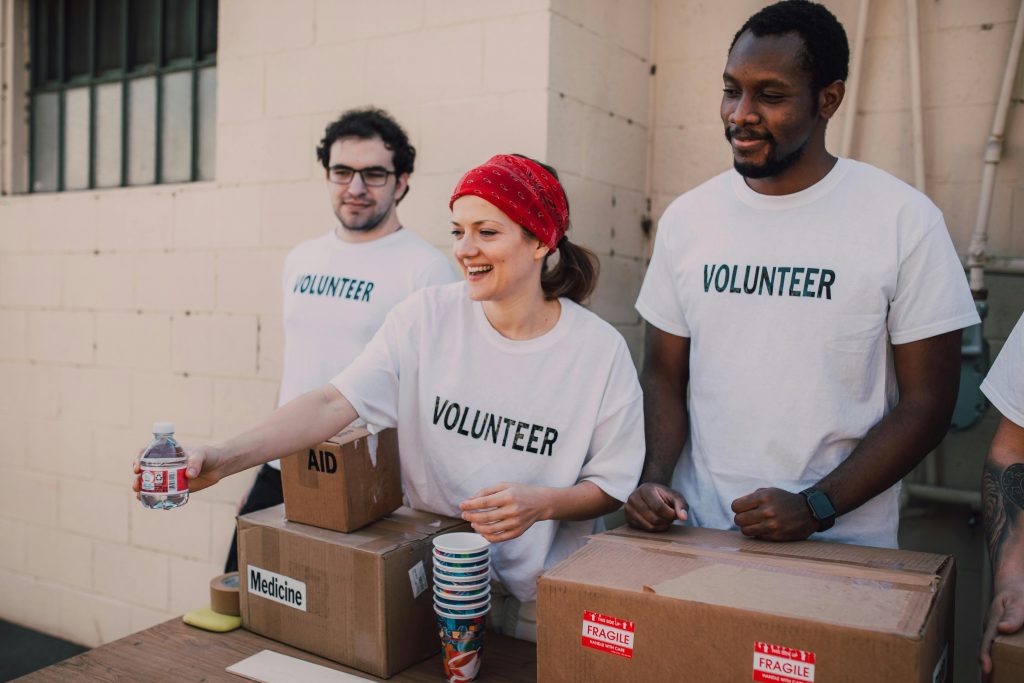In the charity sector, volunteers are often the most valuable resource. They bring energy, commitment and compassion. To help them succeed, however, it is not enough to provide an introduction when they first join. Ongoing training is essential. This ensures volunteers feel supported, charities maintain high standards of service, and the whole organisation continues to grow.
Why ongoing training matters
a) Builds confidence, skills and commitment
Volunteers who receive regular training feel more confident in their roles. They know how to handle different situations and can carry out their tasks with greater assurance. As a result, they are more likely to remain involved with the charity in the long term.
b) Improves service quality and reduces risk
Many charities work with people who are vulnerable or facing complex challenges. Training helps volunteers understand safeguarding, ethical practice and effective ways of supporting service users. This reduces the chance of mistakes and protects both volunteers and those they are helping.
c) Responds to changing needs
Social issues, regulations and best practice evolve over time. Training ensures that volunteers remain informed and able to adapt to new circumstances.
d) Encourages personal and professional development
For many volunteers, their role is also a pathway to personal growth or even a future career. Offering learning opportunities demonstrates that the charity values them as individuals, not just as contributors. This builds loyalty and strengthens your reputation within the community.
e) Makes the organisation more resilient
When many volunteers are well trained, knowledge is shared more evenly. If one person leaves or takes a break, others are ready to step in. This makes the charity stronger and less dependent on a small number of experts.
How New Challenge courses support London charities
At New Challenge, we design courses that address the real needs of charities across London. Here are some examples:
- NCFE Level 2 Certificate in Information, Advice or Guidance
This qualification is particularly valuable for charities that provide advice on housing, benefits or access to services. It helps volunteers deliver professional support and reflect on their practice. - Mental Health First Aid
In a busy city such as London, mental health is a vital concern. Volunteers who complete this training learn to recognise the signs of mental distress, offer initial support and guide people towards further help. - NCFE Level 2 Certificate in Counselling Skills
Counselling skills, such as active listening and empathy, are useful across many roles. This training equips volunteers to communicate more effectively with service users and colleagues.
Many of our courses are free for eligible learners through the Adult Education Budget, making them accessible to volunteers who might otherwise face financial barriers.

To ensure training has the greatest impact, charities can:
- Match training to roles so that each volunteer gains the skills most relevant to their work.
- Provide a clear pathway by offering introductory courses first and more advanced options later.
- Encourage reflection through supervision, mentoring and peer discussion.
- Recognise achievement with certificates, digital badges or public acknowledgement.
- Measure outcomes by tracking improvements in service quality, volunteer retention and user satisfaction.
At New Challenge, we are proud to provide practical, accredited courses that meet the needs of London charities and the communities they serve.
👉 Explore our full range of courses here: https://newchallenge.org/courses
